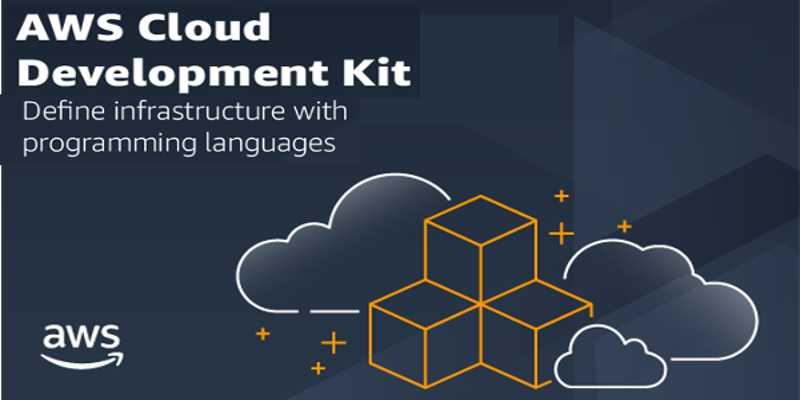AWS Developer Tools Blog
Category: Python
Introducing Smithy for Python
AWS is excited to announce a preview of Smithy client generation for Python. This tooling will enable developers to generate clients in type-hinted Python in the same model-driven manner that AWS has used to develop its services for more than a decade. Writing and maintaining hand-written clients for a web service is both time-consuming and […]
Python support policy updates for AWS SDKs and Tools
Overview On May 30, 2022, the AWS SDK for Python (Boto3 and Botocore) and the AWS Command Line Interface (AWS CLI) v1 will no longer support Python 3.6. This will be the third in a recent series of runtime deprecations which started in 2021. The Python Software Foundation (PSF) has adopted a model of 5 […]
Testing CDK Applications in Any Language
The AWS Cloud Development Kit (AWS CDK) is an open source software development framework to define your cloud application resources using familiar programming languages. Because the AWS CDK enables you to define your infrastructure in regular programming languages, you can also write automated unit tests for your infrastructure code, just like you do for your […]
Recommended AWS CDK project structure for Python applications
September 22, 2022: Migrated the reference application to AWS CDK v2. Renamed deployment.py to backend/component.py to support multi-component use cases and better emphasize the mapping of AWS Well-Architected Framework component terminology. Renamed pipeline.py to toolchain.py to expand the scope to any tools related to component’s software development life cycle (e.g. continuous deployment pipeline, pull request […]
Construct Hub Developer Preview
We are excited to announce the Construct Hub developer preview. It is a one-stop destination for finding, reusing and sharing constructs authored by AWS, AWS Partner Network partners, third parties, and the developer community. In the preview version of the website, we list constructs for Python and TypeScript programming languages. CDK constructs are cloud architecture building […]
Build and Deploy .Net Core WebAPI Container to Amazon EKS using CDK & cdk8s
In this blog, we will leverage the development capabilities of the CDK for Kubernetes framework also known as cdk8s along with the AWS Cloud Development Kit (AWS CDK) framework to provision infrastructure through AWS CloudFormation. cdk8s allows us to define Kubernetes apps and components using familiar languages. cdk8s is an open-source software development framework for defining Kubernetes applications and […]
Announcing the end of support for Python 2.7 in AWS Chalice
On July 15, 2021, AWS will publish a minor version update for AWS Chalice that will require Python 3.6 or greater, formally ending our support for Python 2.7. The Python Software Foundation (PSF) has stated that “As of January 1st, 2020, no new bug reports, fixes, or changes will be made to Python 2, and […]
Announcing AWS Cloud Development Kit v2 Developer Preview
The AWS Cloud Development Kit (AWS CDK) v2 is now available for Developer Preview in TypeScript, Python, Java, C#, and Go. The AWS CDK is an open-source software development framework to model and provision your cloud application resources using familiar programming languages. With the AWS CDK, you can define your infrastructure as code and provision […]
AWS Chalice adds support for the AWS CDK
In a previous post, we showed how you can use the AWS Cloud Development Kit (AWS CDK) and AWS Chalice to develop both infrastructure and application logic as code. To help combine the two frameworks together, a cdk-chalice construct library was used that handled the low-level communication details. In collaboration with the original developer of […]
Announcing the end of support for Python 2.7 in the AWS SDK for Python and AWS CLI v1
On July 15, 2021, in order to continue supporting our customers with tools that are secure and maintainable, AWS will publish a minor version bump of the AWS Command Line Interface (AWS CLI) v1 and AWS SDK for Python (boto3 and botocore). These new versions will require a Python 3.6+ runtime, formally ending our Python […]





